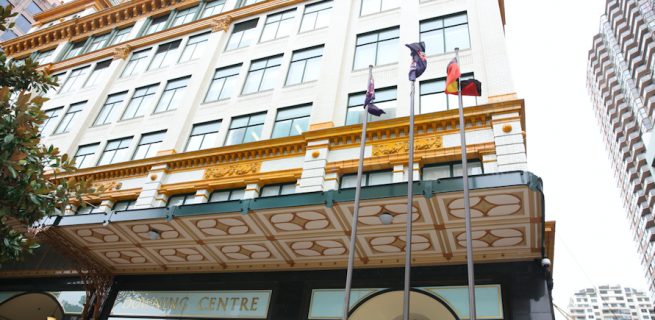In the spirit of reconciliation, Hamilton Janke Lawyers acknowledge the Traditional Custodians of Country throughout Australia and their connections to land, sea, and community. We pay our respect to their Elders past and present and extend that respect to all Aboriginal and Torres Strait Islander peoples today.
NSW has taken the first step towards establishing the Indigenous Walama Court by announcing a program for Aboriginal offenders that will involve elders and respected community members in sentencing discussions.
The Indigenous Walama Court will operate as a list inside the NSW District Court in Sydney, to which eligible Aboriginal offenders can be referred. It will involve Aboriginal and Torres Strait Islander elders and respected persons in a sentencing discussion and case plan conversations with the presiding Judge.
The Walama list takes its name from the word for come back in Dharug language. In the context of the Walama List, it is a coming back to identity, community, culture, and a healthy, crime-free life.
The aim is for the Court to work together with Aboriginal communities to address the disproportionate rates of Aboriginal incarceration and to find solutions that work.
The pilot scheme is set to start in February 2022, will operate for a week each month and can accommodate up to 50 Indigenous participants at a time.
Who Can Participate in the Walama List?
- It will be a sentencing court only for adult Aboriginal and Torres Strait Islander offenders with matters before the NSW District Court
- The offender must be descended from an Aboriginal person or Torres Strait Islander, identify as an Aboriginal person or Torres Strait Islander, and be accepted as such by the relevant community
- The offender must have entered a plea of guilty to the offence(s); some sexual and violent offences are excluded
- The offender must sign an Agreed Statement of Facts on Sentence and consent to having their matters dealt with in the Walama List
Key Takeaways
- NSW introduces the Indigenous Walama Court to involve Aboriginal elders in sentencing discussions for Aboriginal offenders.
- The court aims to address disproportionate Aboriginal incarceration rates by reconnecting offenders with their identity, community, and culture.
- Participation requires offenders to plead guilty to eligible offences, excluding some sexual and violent crimes.
- Elders and respected persons provide advice to the judge, informed by their cultural knowledge, to guide sentencing in a culturally appropriate manner.
The Role of Elders and Other Respected Persons
- They give honest and fearless advice to the Walama List Judge, informed by their cultural knowledge, wisdom, and experiences.
- They advise the Judge on cultural issues relating to the offender and their offending behaviour.
- Their voices are a powerful cultural aspect of the Walama List, and their participation sends a clear message to the offender that the offences committed are not condoned by either Aboriginal and Torres Strait Islander or non-Aboriginal communities.
- They provide valuable insight into the sentencing proceedings by informing the Court about cultural, historical, and social issues relating to the offender’s background and community in a culturally safe way.
If you or someone you know needs legal advice or representation for a criminal or traffic law matter, contact the team at Hamilton Janke Lawyers 24/7 by calling 4038 1666.
Image: NSW Courts.
Written By

Drew Hamilton
Drew Hamilton is founding partner at Hamilton Janke Lawyers. Admitted to the Supreme Court of New South Wales as a Solicitor and also listed on the High Court of Australia register.




